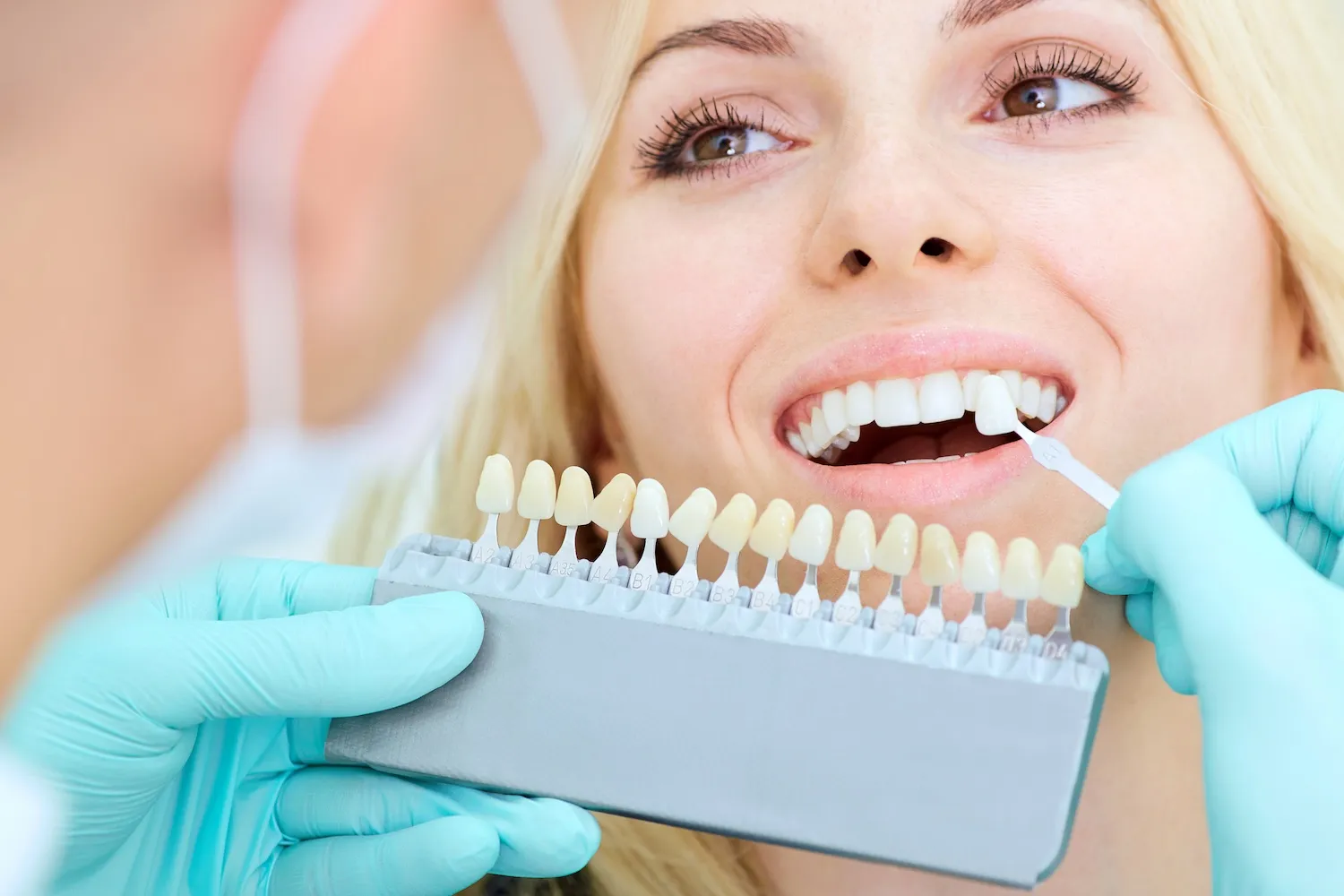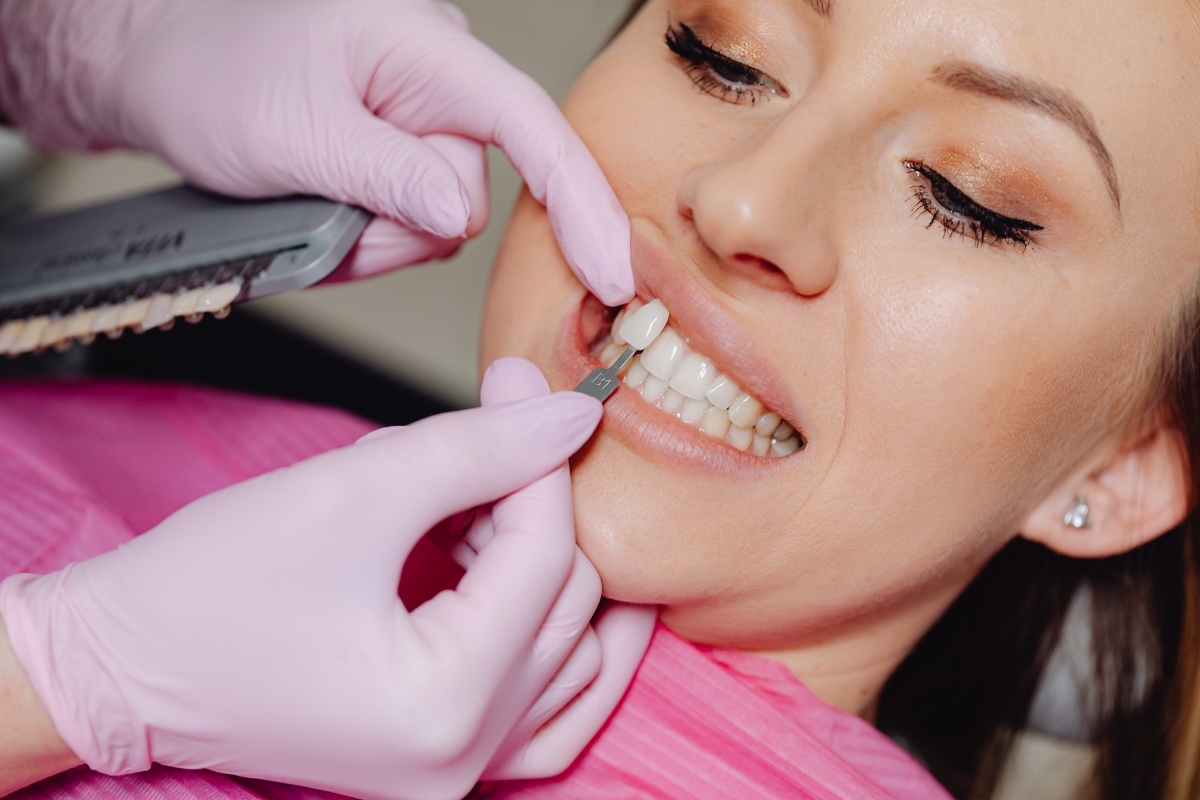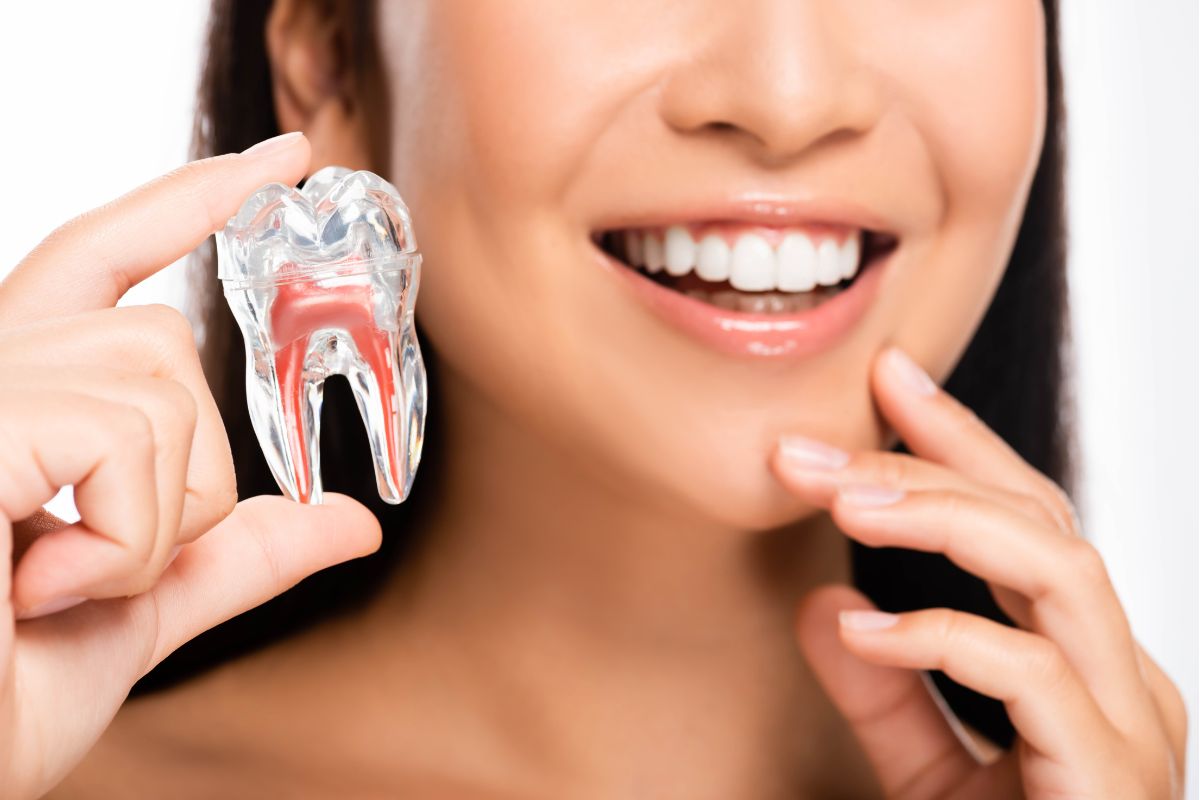Book An Appointment

Nothing brightens a smile like dental veneers. Whether you aim to fix chipped teeth, cover discoloration, or enhance your overall smile, veneers can give you that polished, confident look. But proper care is vital to maintaining their pristine appearance once you’ve invested. Knowing the right habits can make all the difference in extending the life of your veneers.
Here’s everything you need to know about caring for your dental veneers, the dos and don’ts that’ll keep your smile gleaming for years to come.
The Importance of Proper Care
Getting veneers can be life-changing, but they’re not entirely worry-free. While veneers are durable, they still require careful attention. Poor habits can lead to chips, discoloration, or even the early replacement of veneers. Fortunately, proper care is simple when you know what to avoid and what to embrace. Let’s start with the dos.
Dos for Veneer Care
1. Stick to a Gentle Brushing Routine
Brushing is the backbone of dental health, and veneers are no exception. Use a soft-bristled toothbrush to clean your teeth twice daily. Abrasive brushes or hard brushing can scratch or damage the surface of your veneers, affecting their appearance. To be extra safe, pair your brushing with a non-abrasive toothpaste, which will keep your veneers shining without wearing them down.
2. Floss Regularly – It’s More Important Than You Think
It’s easy to overlook flossing, but it’s even more crucial with dental veneers. Food particles and plaque can build up between your teeth and along the edges of the veneers. Flossing daily will help prevent gum disease and staining around the veneers. Don’t be shy about flossing; just use a soft and gentle technique to protect your gums and veneers.
3. Visit Your Dentist Regularly
Routine check-ups are essential for keeping your veneers in top condition. Regular dental visits allow your dentist to check for any early signs of wear or potential problems. Plus, professional cleanings ensure that your teeth—and veneers—stay free from stains or plaque buildup. Aim to see your dentist every six months.
4. Protect Your Teeth During Physical Activity
If you’re into sports or grind your teeth at night, veneers can be at risk of damage. Wearing a mouthguard is an easy way to protect them from chipping or cracking. Whether a custom mouthguard for sports or a night guard to prevent grinding, these tiny tools can save your smile from significant damage.
5. Drink Plenty of Water
Water is good for your overall health, as it also helps keep your mouth clean and reduces the risk of staining. Staying hydrated will wash away food particles and acids that could discolor or damage your veneers. Plus, drinking water instead of sugary or acidic drinks helps prevent decay around the edges of your veneers.
Don’ts for Veneer Care
1. Avoid Biting Hard Objects
One of the quickest ways to damage your veneers is by biting into hard food items. This includes ice, hard candies, pens, and even your nails. Veneers are firm but not indestructible, and biting down on these hard surfaces can cause cracks or chips. Be mindful and opt for softer foods, especially when unsure how challenging something might be.
2. Say No to Stain-Causing Foods and Drinks
While dental veneers are more stain-resistant than natural teeth, they aren’t entirely immune to discoloration. Coffee, red wine, tea, and dark berries can all leave behind stains that can dull your veneers over time. If you indulge in these drinks or foods, brush or rinse your mouth afterward to minimize staining risks.
3. Don’t Use Your Teeth as Tools
It may sound strange, but many people use their teeth for tasks beyond chewing—like opening packages, tearing off tags, or twisting bottle caps. These actions can cause significant damage to your veneers, leading to chips or even detachment. Instead, use the appropriate tools for the job and give your teeth a break.
4. Skip the Abrasive Toothpaste
Not all toothpastes are created equal, and some can be too harsh for veneers. Whitening toothpastes, in particular, often contain abrasive particles that can wear down the surface of your veneers. Opt for a gentle, fluoride toothpaste designed for sensitive teeth instead, as it will be more effective at maintaining the look of your veneers without causing harm.
5. Don’t Ignore Gum Health
Healthy gums, including veneers, are the foundation of a healthy smile. Neglecting your gums can lead to gum recession, which may expose the edges of your veneers and cause complications. Be gentle when brushing and flossing, but don’t avoid these tasks altogether. Prioritize gum health to keep your veneers looking seamless and natural.
Keeping Your Smile Bright Long-Term
Caring for your dental veneers doesn’t require drastic changes to your daily routine. With minor, mindful adjustments, you can extend the life of your veneers and keep your smile looking flawless. Whether choosing the right toothpaste, avoiding stain-causing foods, or being careful with what you bite into, these simple steps will ensure your veneers stay in top shape. If you experience major pain after veneer placement, here’s a guide to help you.
Veneers may require more attention than natural teeth, but with the proper care, they can last for years, keeping your smile as radiant as the day you got them.






